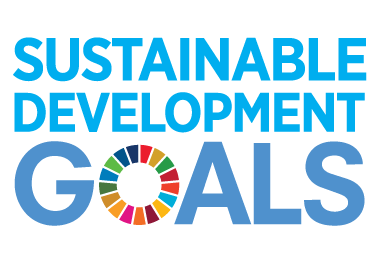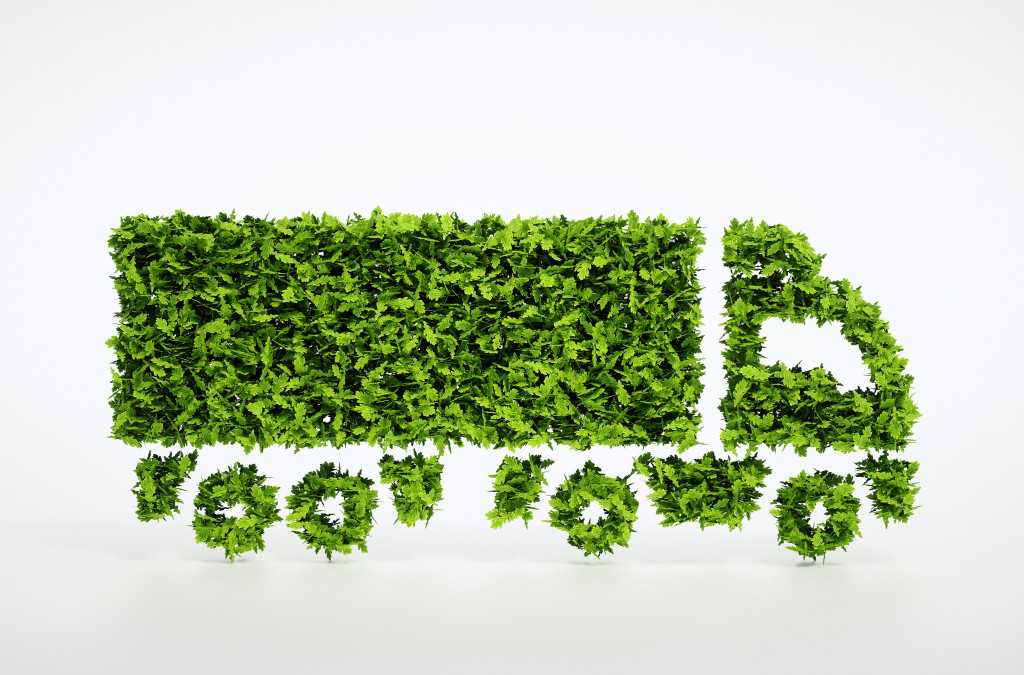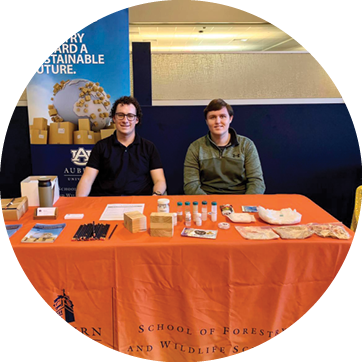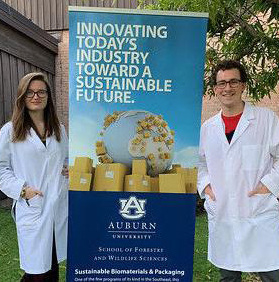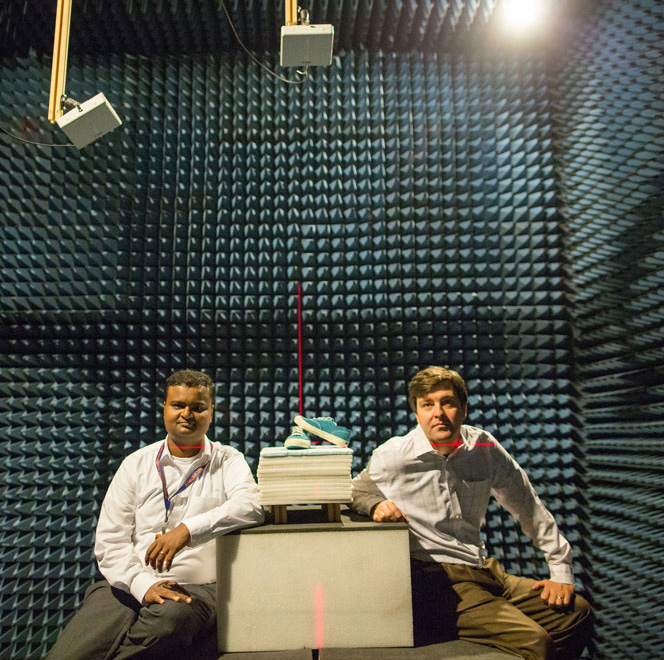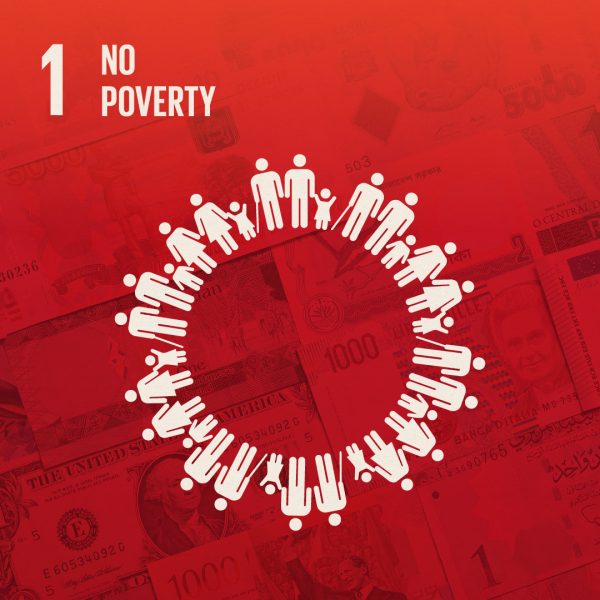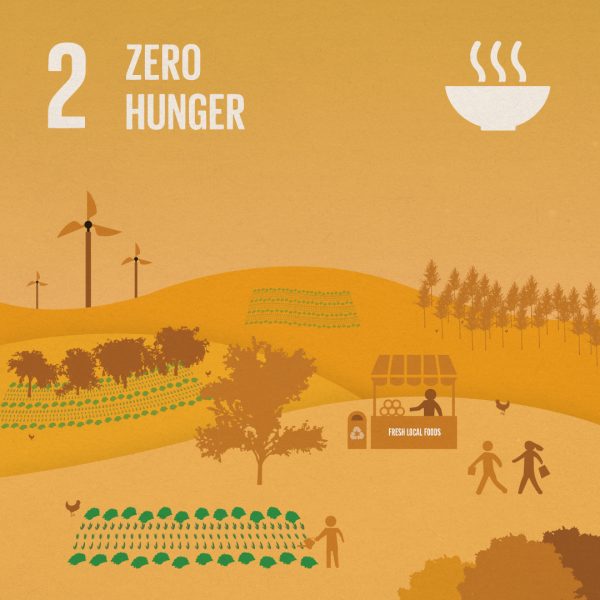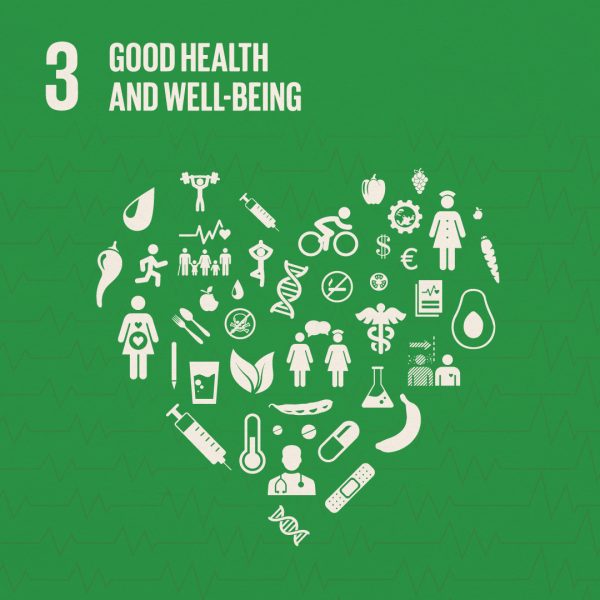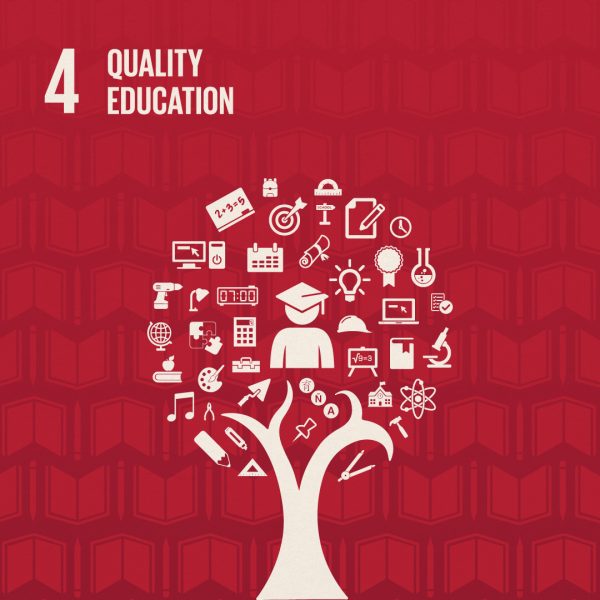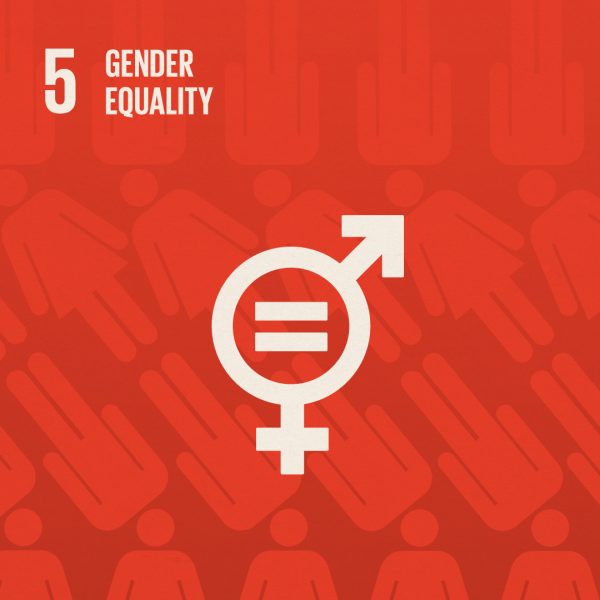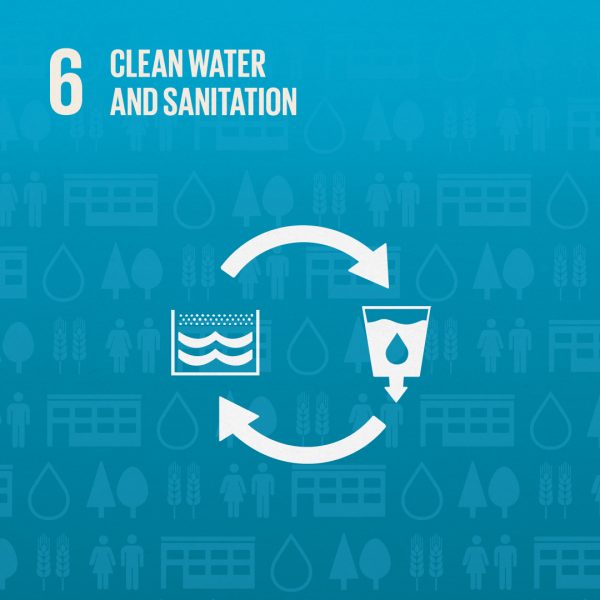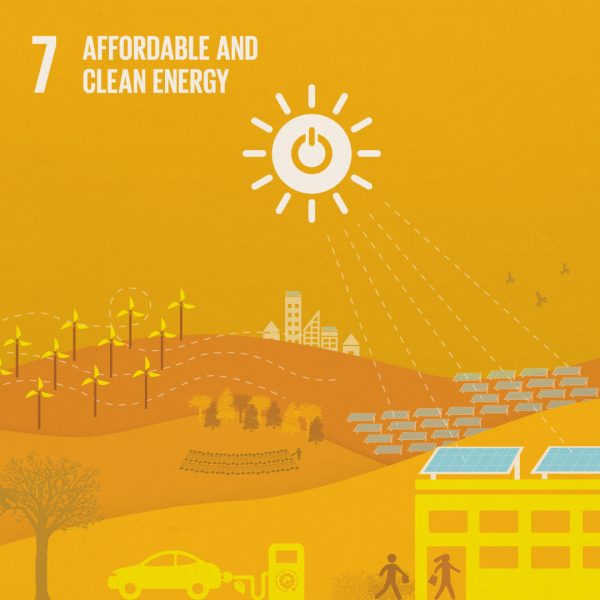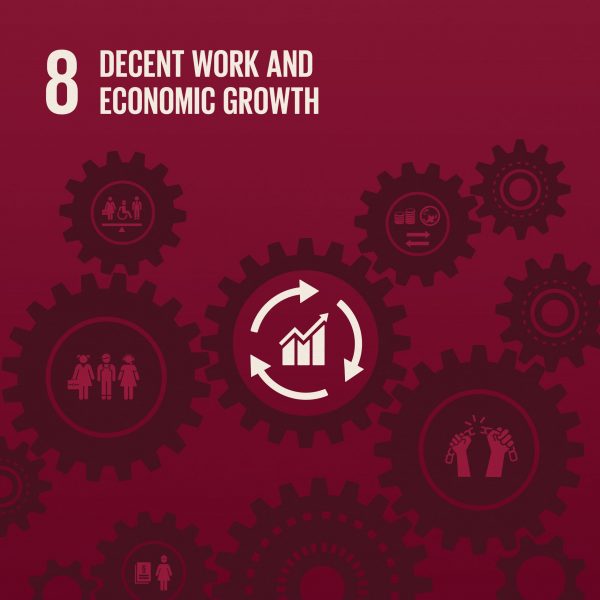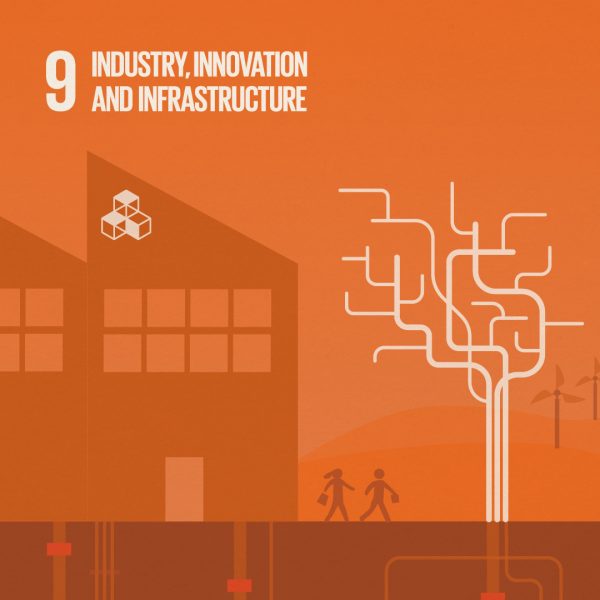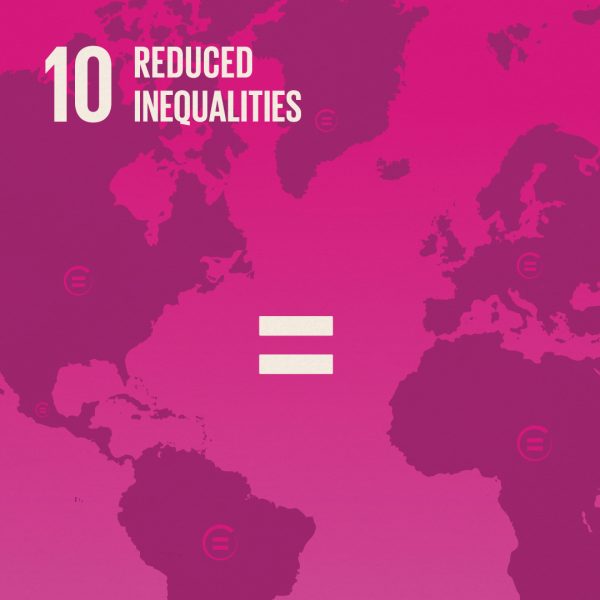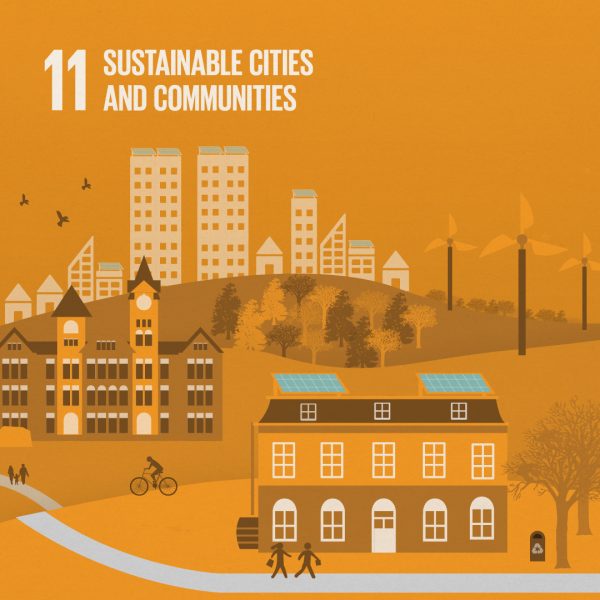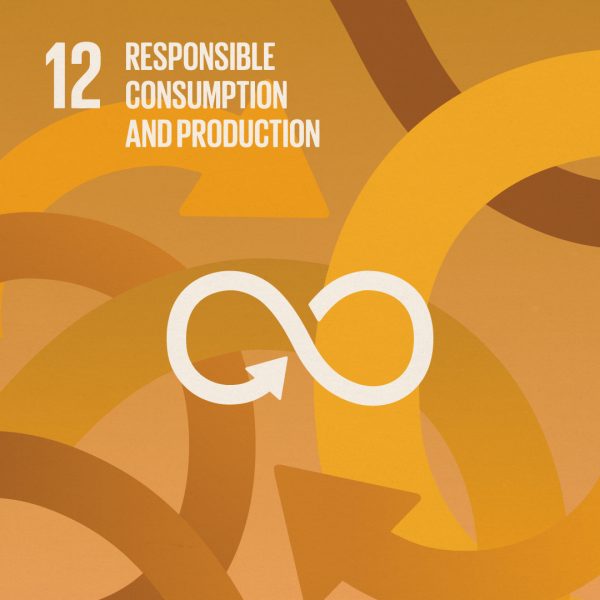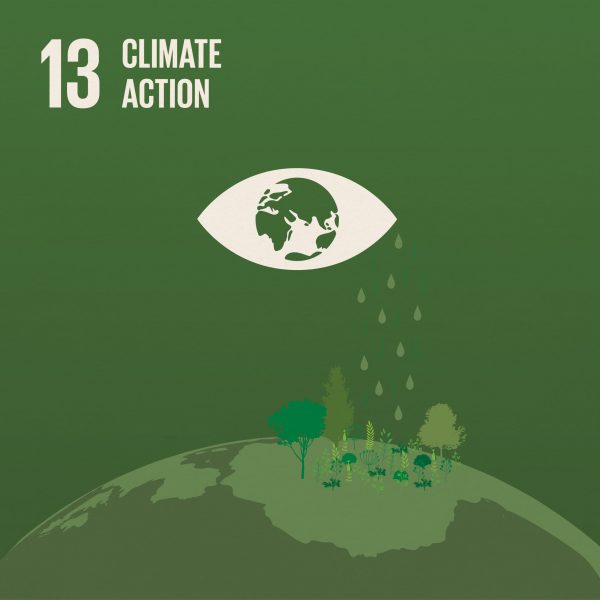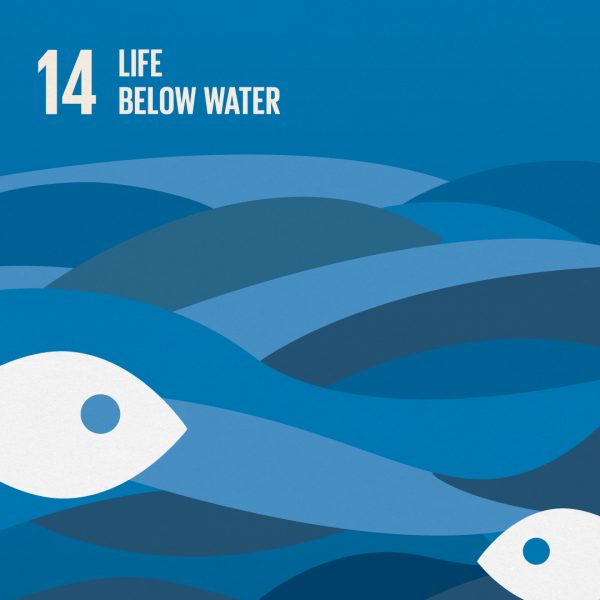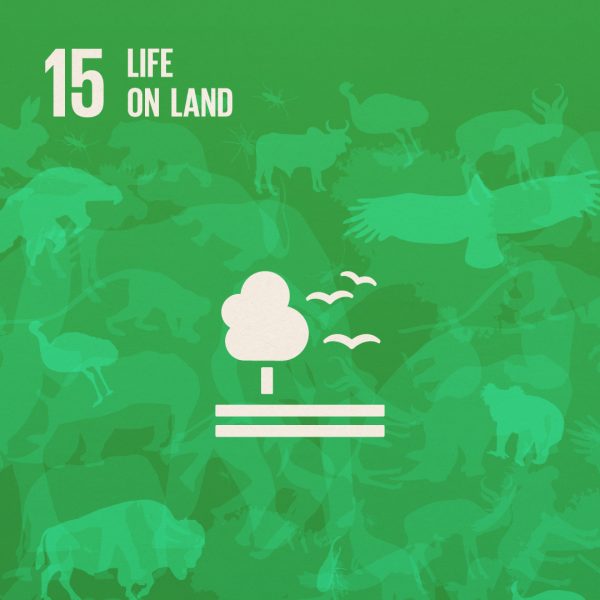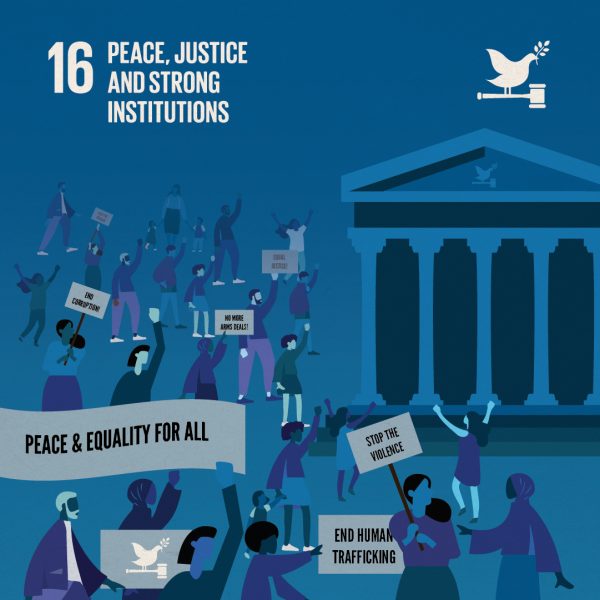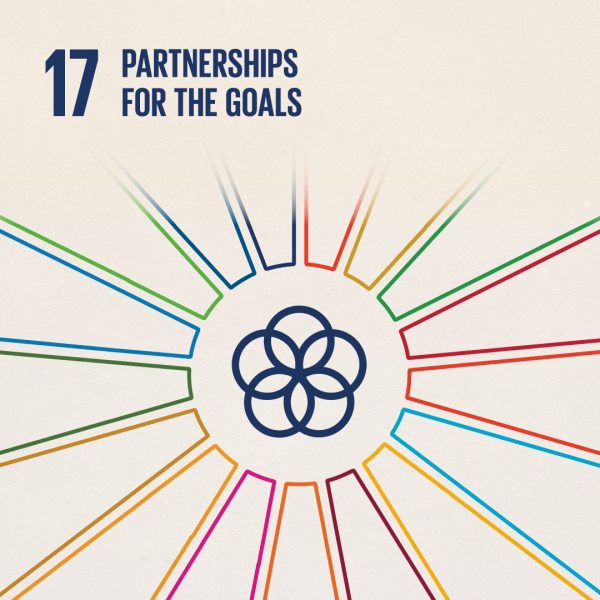Holiday celebrations are just around the corner, and soon we will be asking ourselves the same question: What gifts do I give my loved ones this holiday season? This time of year allows us to reconnect with friends and family we might not frequently get to see, which can make it tricky to find meaningful gifts for them. Too often, we end up giving gifts that hold little purpose, and they…
It is that time of year, the air is cooling, leaves are turning brown, and your mind is turning to the question of the season, “What am I going to be for Halloween?”. How about a strawberry and a farmer? When you are pondering this question, forget about wasting money…
Last Wednesday, the Office of Sustainability joined the Auburn University Libraries at their Innovation & Research Commons (I&RC) to host a one-of-a-kind sustainable crafting experience. As a part of the I&RC’s MiniMake series, attendees were encouraged to bring their own mugs and transform them into cute and functional planters. Create…
By Johanna Kunz My introduction to sustainability began in ninth grade, with a school project that challenged us to research an issue we cared deeply about and educate others to inspire positive change. I chose to explore fast fashion—something I had heard of but never truly understood. Like many people,…
“Rats and roaches live by competition under the law of supply and demand; it is the privilege of human beings to live under the laws of justice and mercy.” ~ Wendell Berry Wendell Berry is an icon in the sustainability movement. He is a Kentucky farmer, poet, essayist, novelist, and…

